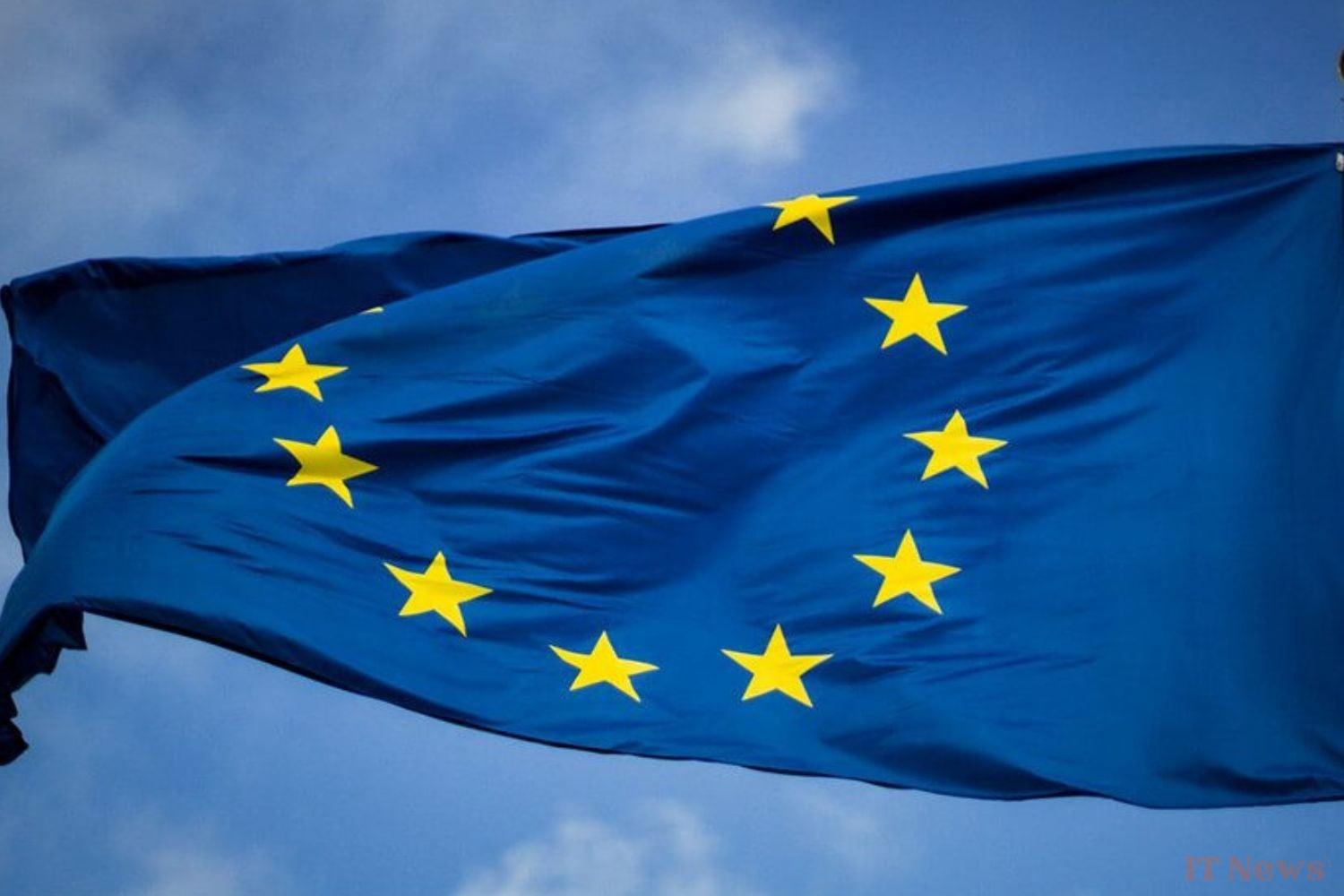An initiative by around a hundred companies such as Airbus, Dassault Systems and OVHCloud, and another by nine European Union countries including France: since Donald Trump's return to the White House and the geopolitical shift in the United States, calls for a more autonomous Europe, less dependent on American companies, in the digital and semiconductor sectors, have multiplied. In recent days, two initiatives, one from European Member States, the other from the private sector, have emerged.
Starting with the so-called "Eurostack initiative": an open letter was first sent to Brussels on March 14th. The letter, written by economic experts and signed by around a hundred European companies and organizations from new technologies and industry, calls on the European executive to take "radical and effective measures."
The message from Airbus, OVHCloud, Ecosia, NextCloud, Proton, Scaleway, Dassault Systèmes, and the French public investment bank BPIFrance is simple: in the face of geopolitical change in the United States, the European Commission must work to support a "sovereign digital infrastructure," which aims for "strategic autonomy in key sectors." they plead.
The authors of the letter point out that the Old Continent depends on many non-European foreign companies "technologically at all levels of its critical digital infrastructure: from logical infrastructure – applications, platforms, media, AI models – to physical infrastructure – chips, computing, data storage and connectivity," they write. However, "Europe's current multiple dependencies create security and reliability risks, compromise our sovereignty and harm our growth," they warn.
On the agenda: buy European, open source and EUCS high +
Concretely, the signatories demand that the public sector be forced "to 'buy European', that is to say, to source European and assembled solutions (while recognizing that these may involve complex ecosystems and supply chains)." Thanks to public procurement, European companies will gradually be able to move upmarket and gain power, enabling them to compete with their American or Asian counterparts.
Among other levers of autonomy: the authors of the letter note the fact of supporting "open source solutions and interoperability." They also advocate for the establishment of certification labels, so that public or private entities can choose "sovereign" cloud providers not subject to American extraterritorial laws, for their most sensitive data. This will bring back to the forefront the "high +" level of the EUCS, the highest cybersecurity label currently being negotiated in Brussels and currently blocked due to a lack of consensus on whether or not to exclude American hyperscalers. Today, part of the market is dominated by American cloud companies (Amazon Web Services, Microsoft Azure, Google Cloud), companies subject to the Cloud Act and the FISA law.
Member States creating a coalition for semiconductors
The hundred or so companies and organizations also call for the "Digital Decade" program to be redirected towards "market-relevant projects." For the latter, Brussels must create a "sovereign infrastructure fund to support public investments," particularly in the quantum and semiconductor sectors.
It is in this last area that another measure, this time from nine EU countries, was initiated on March 12. France, Germany, Italy, Poland, Spain, Belgium, Finland, Austria, and the Netherlands—home to the European semiconductor machine champion ASML—signed a joint declaration, which aims to strengthen "Europe's position in the semiconductor chain." This is not only an "economic priority, but also a strategic necessity to maintain prosperity and security," they wrote in a joint statement.
In this text, they commit to "guaranteeing the technological sovereignty, resilience, and strategic autonomy" of the Old Continent. In particular, they wish to strengthen their cooperation to "support research and increase production capacity" in the sector, described as a "strategic necessity" for Europe. In practice, this coalition should evaluate and readjust, if necessary, the actions carried out within the framework of the European Chips Act, the EU's €43 billion semiconductor plan.



0 Comments